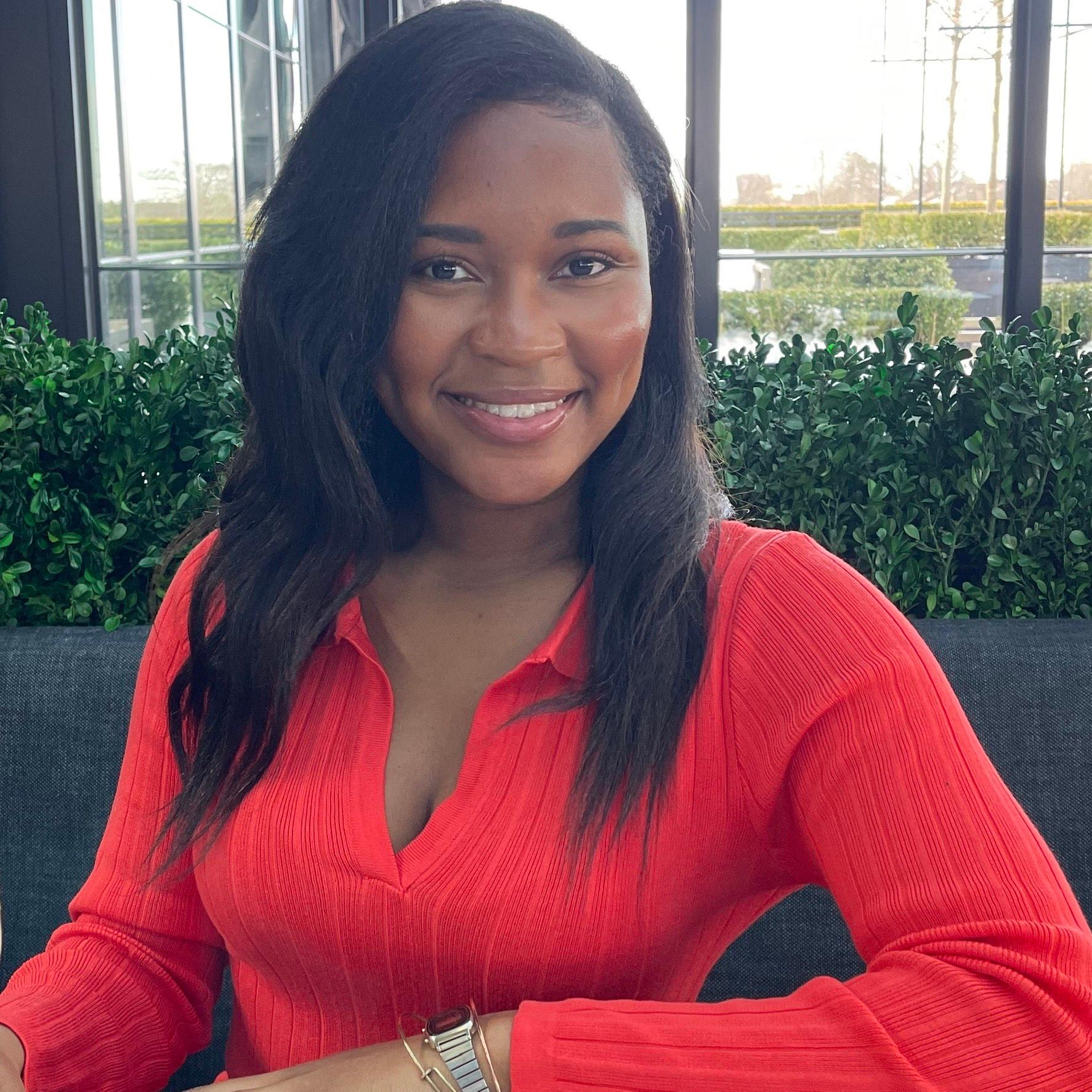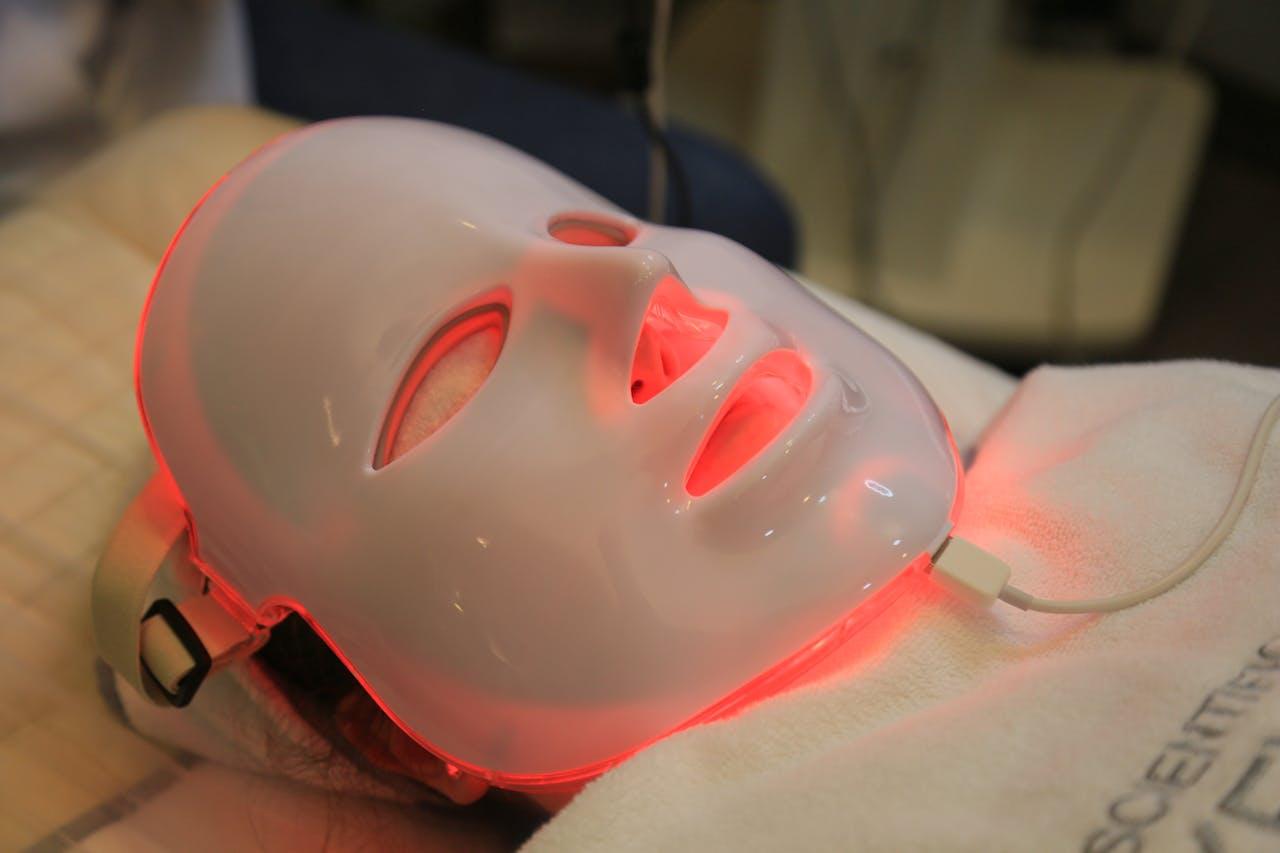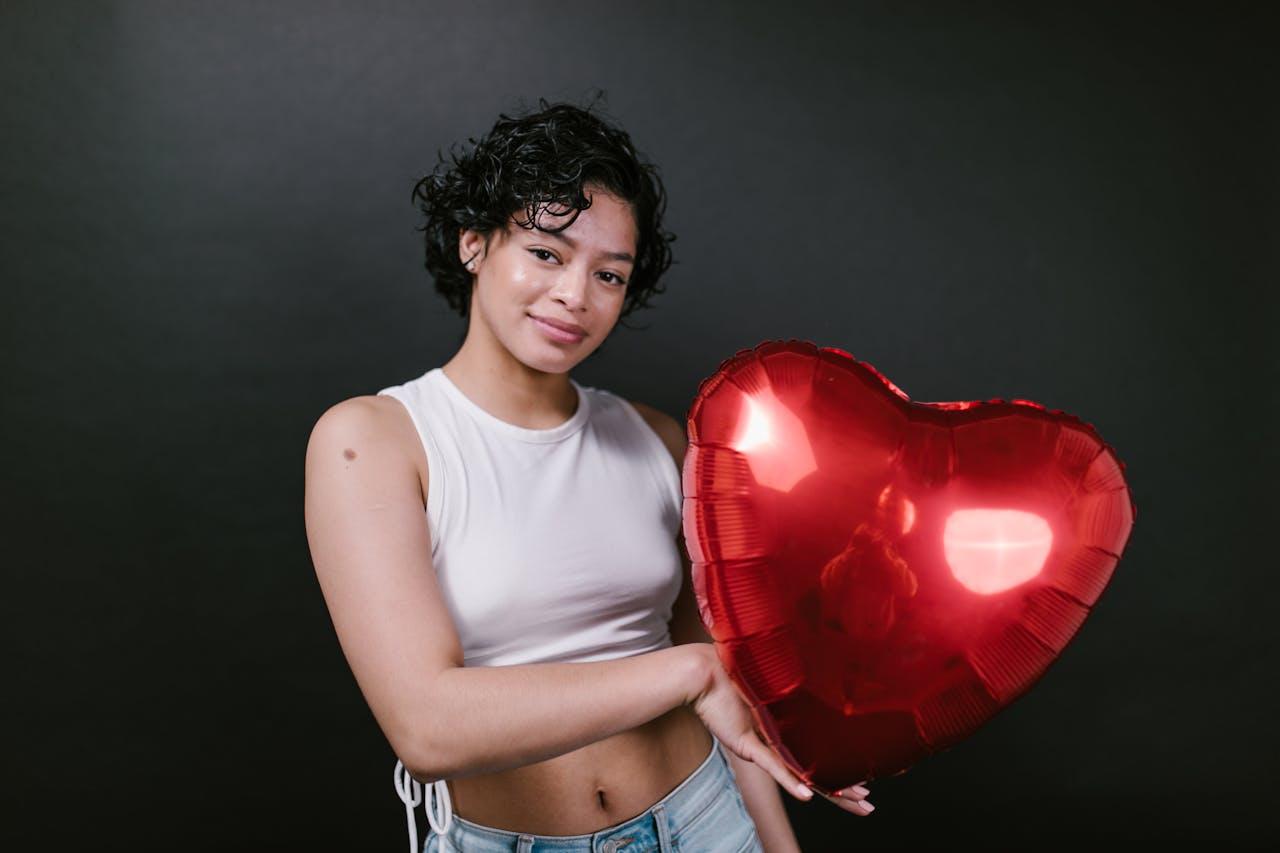#HerAgendaLive: Crystal Peters Talks Advocating For Black Women-Owned Brands And More
Crystal Peters is like our beauty brand fairy godmother, making sure our favorite Black-owned products are conveniently found in large retail stores like Walmart, Target, Ulta and Sephora. She’s on a mission to create a Black beauty ecosystem where brands can get their marketing, sales, operations and venture capital needs met through her company Beauty Brand Camp.
She joined Her Agenda on Instagram Live to share her insights about advocating for brands catered to Black women and the importance of understanding the business side of the beauty industry. We compiled a few highlights from the conversation:
On Establishing And Maintaining Relationships:
During the conversation, Peters shared how she organically cultivated relationships with beauty brand executives which aided her in securing shelf space for her client’s products.
“I’ve been able to connect with people from Hampton and from my time at Amika. I served as their first brand manager and that’s where I really cultivated a lot of relationships with Sephora and salons. If you go to a hair care salon here in Chicago, you’ll probably see Amika because I flooded stores with them.”
On Supporting Black Women-Owned Brands:
Supporting Black-owned women brands shouldn’t be treated as a trend. It’s something we should continue to do to improve the economic system within the Black community. According to this study from McKinsey & Co., “Black brands make up only 2.5 percent of revenue in the beauty industry. Yet Black consumers are responsible for 11.1 percent of total beauty spending.”
“It’s important to purchase the product so it can stay on the shelf. We really need to have continued support around Black-owned businesses.” she said.
“Brands need to have the infrastructure in order to be sustained on large retailer shelves. That’s where a company like mine, the Beauty Brand Camp, comes in to help navigate conversations with retail executives. We need to continue to support these brands through different channels – liking posts, posting comments, reaching out to the founders to share the next thing you’re looking for.”
On Systemic Barriers In The Beauty Industry:
Systemic barriers play a key role in what Black-owned beauty brands are capable of doing. A lot of businesses within the Black community start from the bottom up, while other companies have capital saved up which makes start-up costs more affordable.
“This quote is from my dear friend, Camille Bell, the CEO of Pound Cake. ‘Black founders are overmentored and undercapitalized.’ The gap is so wide. Generally, it’s exponentially harder for Black founders to fund their company. A lot of these founders are creating their products in their kitchen and are scaling it up. Then they land a deal with a large retailer like Target and have to figure out how they’ll fulfill large purchase orders. It’s been great to see a lot of the brands scale themselves up in this industry, ” Peters added.
On Black Founders And ‘Selling Up,’ Not Out:
It’s a controversial topic when news breaks about our favorite Black-owned beauty brands selling their companies to general market conglomerates for millions. We’ve seen this happen with Mielle Organics and Shea Moisture. Peters affirmed that those deals were actually a good thing and encouraged consumers to cheer on Black founders who do this rather than scrutinize them.
Peters further explained, “I am all for investment. I want our brands to have that cash injection because we hit a ceiling in the U.S. in terms of what revenue we can make. Having investments means we can make more products for less. You’re also able to think about global expansion.”
“When you receive capital, you’re able to forecast and create new products. I’m proud of the Mielle team and seeing their ascension, so how can we not applaud this? If you don’t have the capital, you can’t create products for your consumers quickly. This also gives a chance for a transfer of wealth as other Black founders invest in other Black-owned companies. I love what they’re doing. It’s not selling out. It’s selling up.”
On Scaling A Business:
Peters generously shared tips on how beauty founders can scale their business through storytelling, grants, and reaching your target demographic.
“New Voices always posts on their Instagram about beauty grants. When you’re applying, make sure you are tight. Have all your ducks in a row and be prepared to answer questions like ‘What’s your brand?’ What’s your storytelling’ ‘What’s your unique selling points?’ ‘Do you have your financials report?'”
“One thing I tell my clients is to find out what makes your product different from your competitors. When you tell the story well, be captivating and know what you are solving in the market. Identify who your core demographic is and reach them where they’re at.”
Watch the full conversation on Her Agenda’s Instagram.






